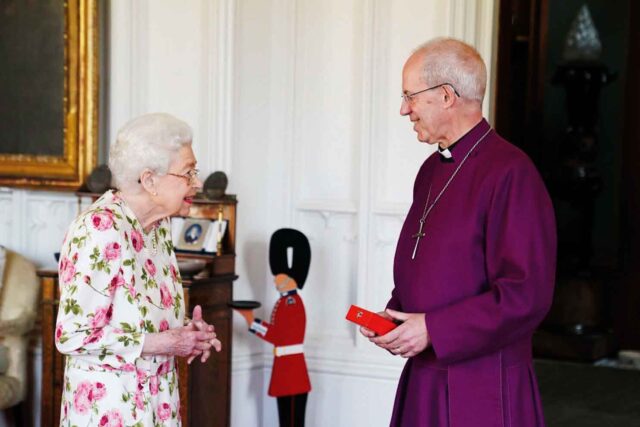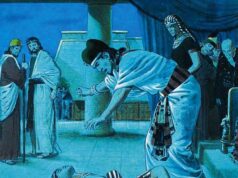By Dr Edward Tamale-Sali
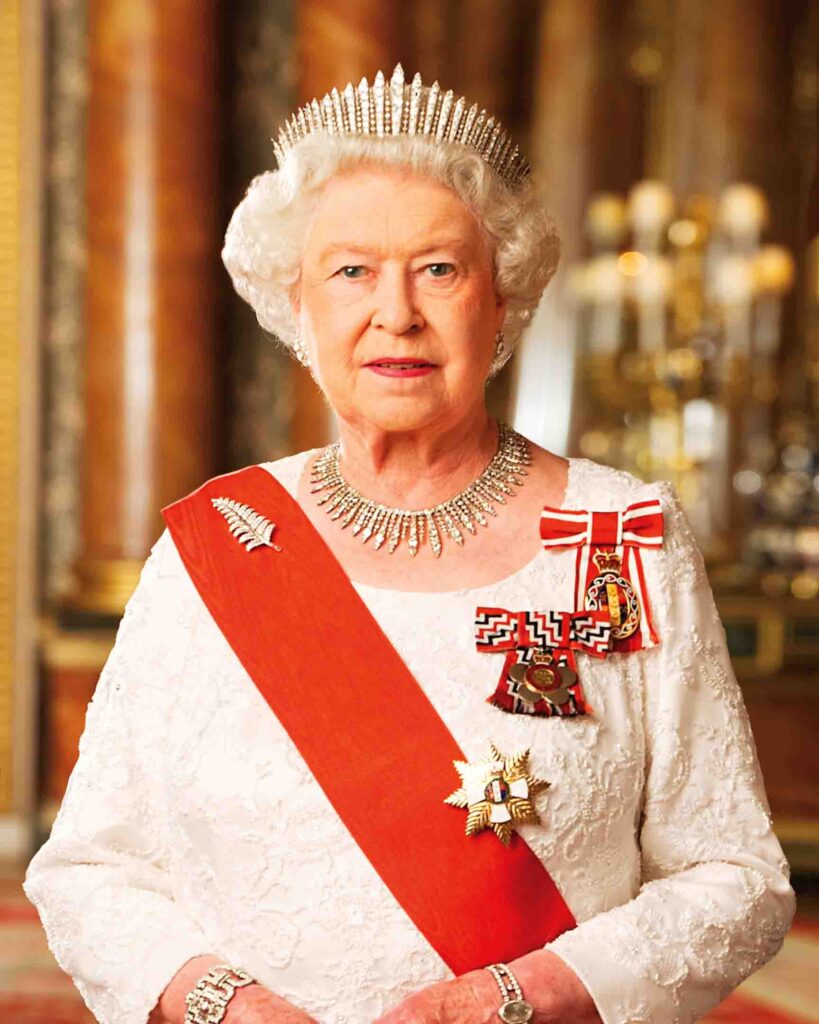
On September 8, 2022, the world was hit by the shocking news of the passing on of Queen Elizabeth II of England.
At 96, it was stirring to see how much the great leader in the Queen was loved worldwide. She had held the throne for over 70 years.
It was not surprising that condolence messages were sent to the British royalty and commoners from all over the world.
Unlike leaders who are tolerated for only shorter periods, hers was a great race run gracefully up to the finish line.
Servant leadership
It is not far-fetched to say she subscribed to Jesus’ leadership philosophy because she was conscious of Him as her Lord.
In her maiden speech when she became Queen in 1952, she said: “I declare before you all that my whole life, whether it be long or short, shall be devoted to your service and the service of our great imperial family to which we all belong.”
Understanding and exemplifying servant leadership in her reign is put out of the question here. This is what Jesus always preached.
The servant leadership philosophy is built on the belief that the most effective leaders strive to serve others instead of amassing power or taking control.
Servant leaders share power and control to drive engagement. They measure success through growth and development.
Moreso, they listen and understand that leadership is not about them.
This is in stark contrast with traditional leadership where a leader sees their position as a rank to obtain.
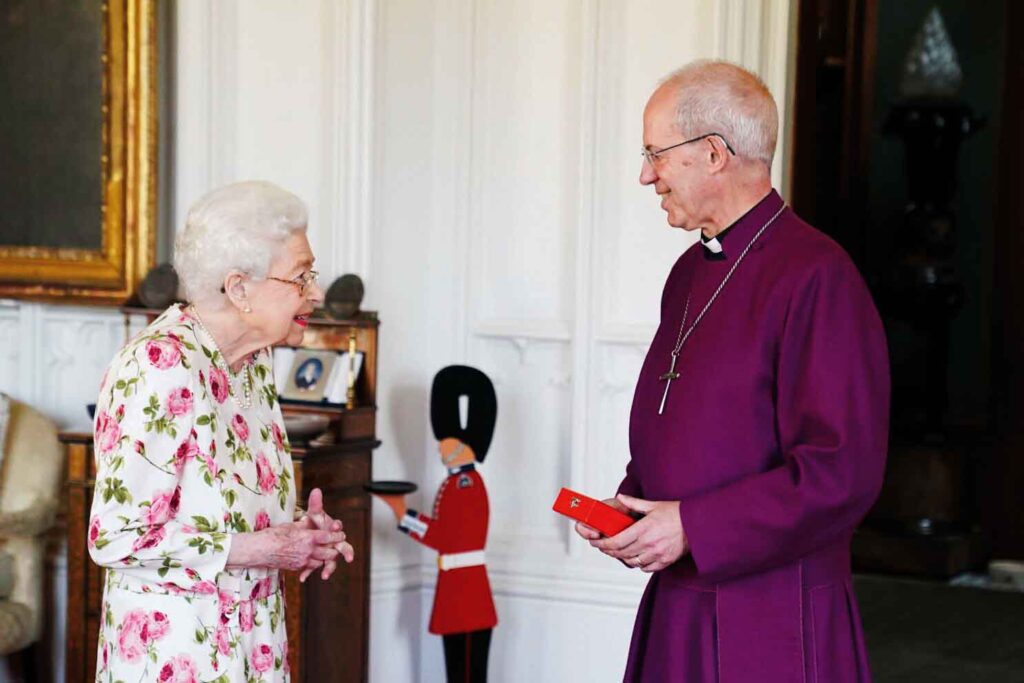
Called to Serve
As head of the Church of England, the Queen demonstrated a strong Christian faith while firmly believing God had conferred upon her the title “Governor of the Church”.
Her faith was evident in her first Christmas address when she asked for a prayer for her then approaching coronation:
“I want to ask you all, whatever your religion may be, to pray for me on that day. Pray that God may give me wisdom and strength to carry out the solemn promises I shall be making, and that I may faithfully serve Him and you, all the days of my life.”
In Christmas messages, the Queen often acknowledged how much exercising her faith proved a channel through which God’s possibilities became available in human circumstances.
For instance, in her 2002 Christmas message, the Queen confessed:
“Each day is a new beginning, I know that the only way to live my life is to try to do what is right, to take the long view, to give of my best in all that the day brings, and to put my trust in God.”
We celebrate the Queen for her service through the mornachical kingdom, to the bigger mission of building the Kingdom of God.
Her life and achievements in the past 70 years of her reign is a landmark to Christians and politicians.
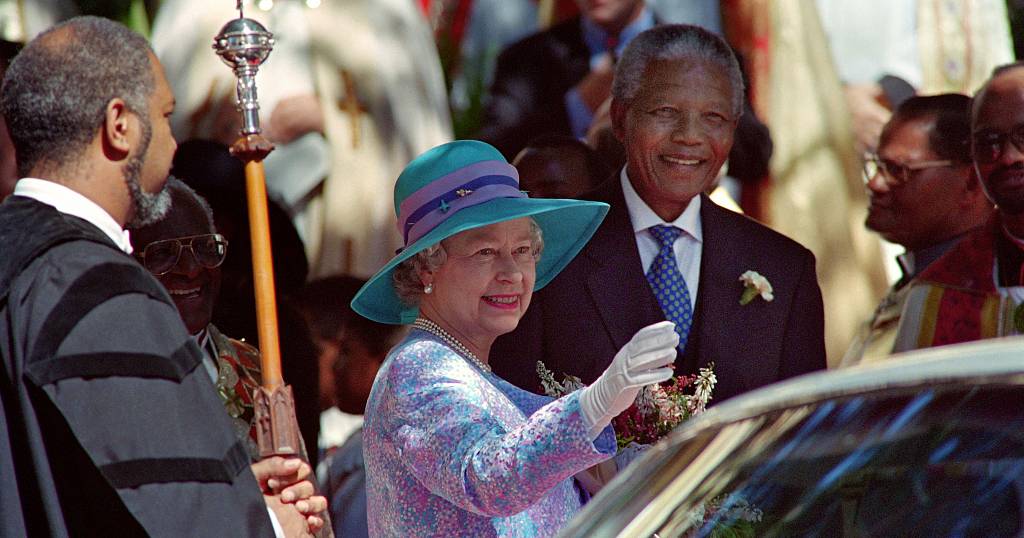
Her journey was a perfect example of what it means to be called to serve. Christians are called so because they are followers of Christ (Acts 11:26).
The Christ we follow always reminded us: “The Son of man did not come to be served, but to serve, and to give His life as a ransom for many” (Matthew 20:28, Mark 10:45, John 13:1-17).
Jesus modelled a servanthood spirit throughout His life.
At the Last Supper, He knelt and washed His disciples’ feet. These were His subordinates (John 13:5-8).
Jesus’ service culminated in Him giving His precious divine life at the Cross of shame, for us (Luke 23:39-43).
Upon His miraculous resurrection, Jesus commissioned all of us to go and serve the world by preaching, teaching and making more people His disciples (Matthew 28:18-20).
We are all, therefore, called to use our resources, time, talents and positions as opportunities to serve God and His people.
When Moses asked God what he would go with to secure the freedom of slaves in Egypt which was a fully-fledged establishment, he was told to use whatever he had in his hands.
God has called us to serve with what we have. You might not be in the Queen’s position.
However, that does not mean you do not have things within your reach you can use to serve God.
Contributions
Queen Elizabeth’s influence covered over 2 billion people in the world.
In 1534, the British monarchy defied the doctrines and supremacy of the Catholic Church and its Papacy.
They installed their own Church (The Church of England), which functioned as part of the Protestant Movement.
Out of this revolution, the King James Bible version was born. This version is the world’s most widely used to this day.
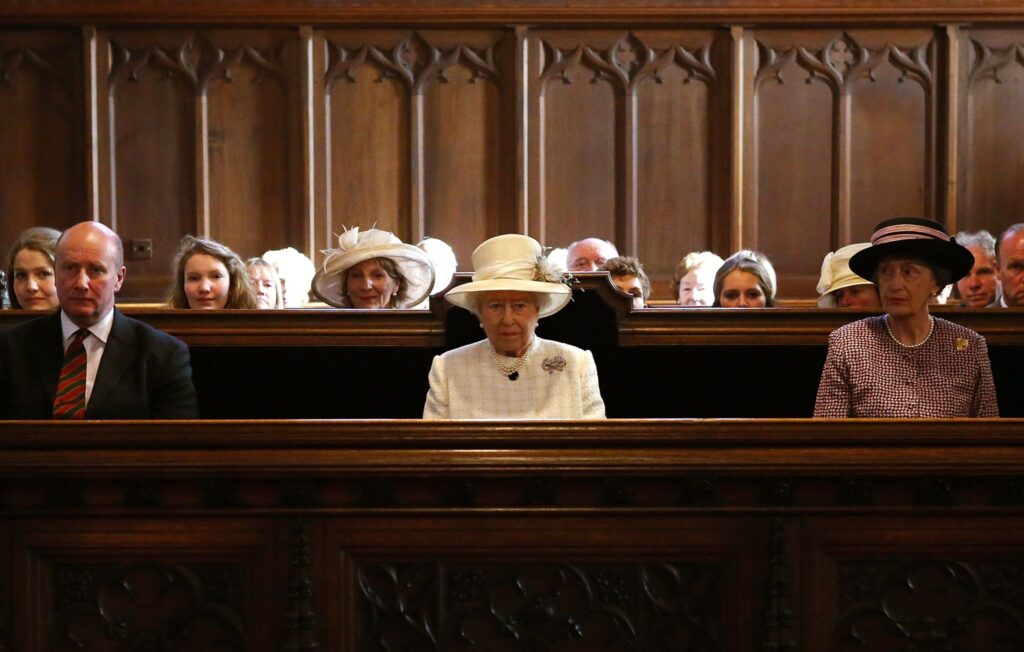
Mission to Uganda
The history of British monarchy, especially in line with Christianity in East Africa, is profound. Majority of the first missionaries to Uganda came from Britain.
On June 30, 1877, the first two representatives of this group arrived at the court of Kabaka Muteesa I of Buganda.
These were assembled by the Anglican Church Missionary Society (CMS), after Henry Morton Stanley, an explorer, sent a letter through the Daily Telegraph in which he praised the Kabaka, his kingdom and the people in Buganda.
The letter inspired the Anglican Church to prepare a team for this mission. The arrival of the two missionaries was the foundation of civilization in Uganda.
They installed Churches for worship, unlike the existing traditional worship places the locals attended.
They also built schools and medical centres before gradually influencing the leadership.
The first converts were known as ‘Abasomi’ because the missionaries encouraged literacy as the key to proper revelation of God.
Through supporting the installation of Churches, schools and hospitals, Queen Elizabeth II contributed to the building of the Kingdom of God in Uganda.
Like it is written in 1Corinthians 4:20: “For the kingdom of God does not consist in talk but power.”
The Britain Kingdom used its power and influence to introduce the Kingdom of God to many nations and people.
Influence in Gospel
History records that during a prayer session at Glad Tiding Missionary Society Church in Vancouver, Canada in 1956, Maureen Maglardi, a young woman in the Church, saw the word “Uganda” in a vision.
She shared the vision, but none of the congregants had ever heard of Uganda or knew where it was. It is said they searched the global map to find it.
According to Pastor Jotham Mutebi, the retired chairman of Full Gospel Churches of Uganda, Pastor Hugh Reg Layzell wrote to the British Governor in Uganda, seeking permission to begin missionary work here.
He was referred to the Archbishop of the Anglican Church in Uganda, who advised against granting permission to a Pentecostal Church Missionary Society.
Later, they connected with the Elim Missionary Assemblies of Lima, New York, under Rev I.Q Spenser, who was already operating in Kenya.
Together, they secured an audience with then acting Governor to Uganda, Sir Charles Hartwell.
In April 1960, permission was granted and on May 1, 1960, the group arrived in Kampala.
Again, the Queen’s influence in the governorship of Uganda opened the gates of the Pentecostal Movement in Uganda.
The Queen is celebrated as a leader of an Earthly kingdom used by God in many ways to contribute to the Kingdom of Heaven.
Due to the tireless work and commitment of the Layzells, many people in Buganda, including members of the royal family, believed in Jesus Christ and got born-again.

Today, it is hardly possible to find a village in Uganda without a Pentecostal Church.
Uganda has become and continues to be one of the strongest Christian countries in Africa.
Besides, through the mission of the Full Gospel Churches, Dr Edward Tamale Ssali was evangelized to, and together with his wife, Mrs Kate Ssali, have been used by God to contribute to the Gospel mission in Uganda in many ways, including this monthly non-profit Good News paper.
Queen Elizabeth II represents an effective Christian leader, who led a balanced life-style, based on self-discipline.
Without discipline, time would be squandered and responsibilities neglected.
As she goes to rest with the Angels, her contribution to the Great Commission cannot go unnoticed.
Additional information by Godfrey Yunju and Rev Can John Magumba.
















